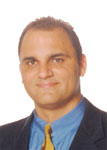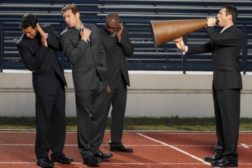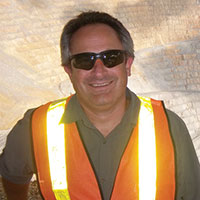Home » Keywords: » trust
Items Tagged with 'trust'
ARTICLES
ASSE Safety 2014 Speaker Q&A with Rodney Grieve:
“Organizational balance is influenced by four elements: experience, knowledge, focus, and pace”
June 9, 2014
Get our new eMagazine delivered to your inbox every month.
Stay in the know on the latest safety trends.
SUBSCRIBE TODAYCopyright ©2024. All Rights Reserved BNP Media.
Design, CMS, Hosting & Web Development :: ePublishing




